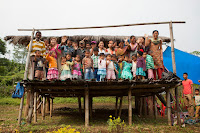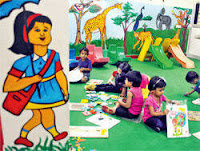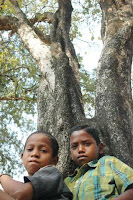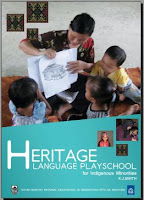[MLE] A sad story from Nepal
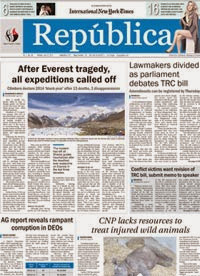
Dear multilingual education friends, Usually newspaper articles report on something new starting. This time Republic in Nepal reports on a failing project. The article Multilingual education fails to attract students in Jhapa points out that due to book supply challenges and resistance from the parents, several MLE classes have stopped. It would be interesting to investigate further what is going on there. If you know any background on this, please put your comments on the MLE-India blog just below this entry. A few quotes: In Jhapa district, more than three dozen schools had been conducting classes in around half a dozen local languages, including Rajbanshi, Limbu, and Santhal. However, many of these schools could not implement the mother-tongue based education after stakeholders criticized the use of local languages as the medium of instruction. It seems one of the problems was with the teachers:

